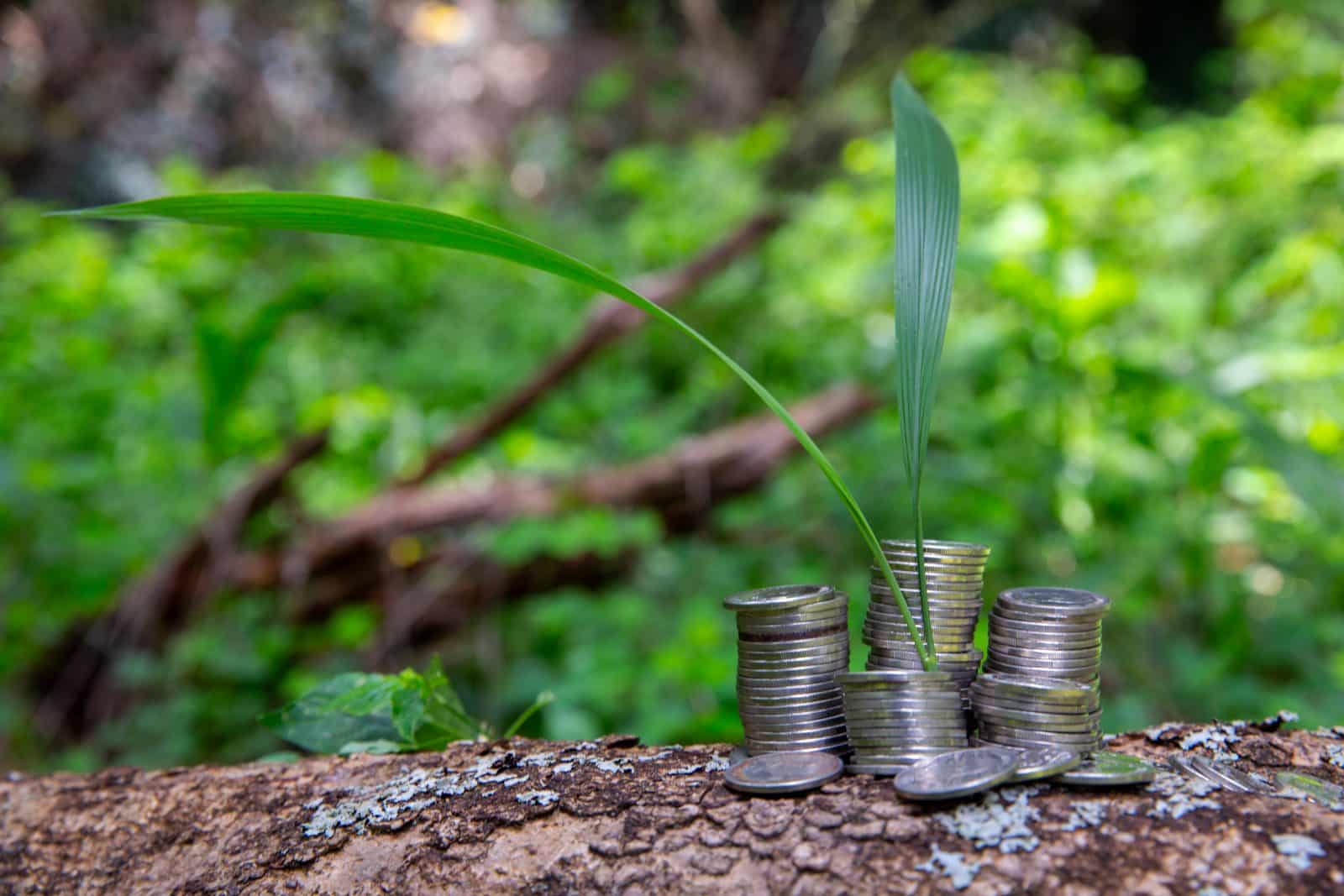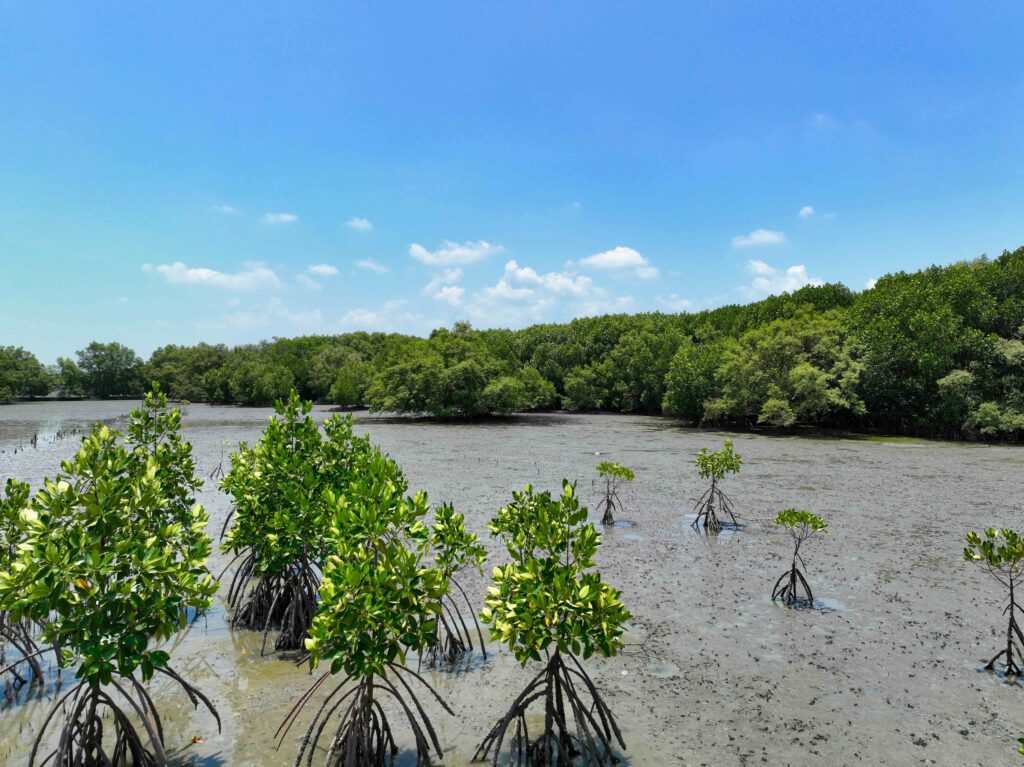Nairobi, 30 May, 2024 – Africa’s development needs demand innovative financing solutions to bridge a staggering US$1.2 trillion gap for achieving its Sustainable Development Goals (SDGs) by 2030, alongside an annual climate financing need of nearly USD 300 billion. In response to this challenge, FSD Africa has secured funding from the Multilateral Development Banks (MDBs) Challenge Fund seeded by the Bill & Melinda Gates Foundation, Open Society Foundations, and The Rockefeller Foundation, to spearhead a pioneering project: the “Local Currency Solution for Multilateral Development Bank Portfolio Transfer” (the ‘Project’). It is very pleased to announce the release of its feasibility study report.
In June 2023, FSD Africa received funding to develop the project. Since then, it FSD Africa has conducted a comprehensive feasibility assessment and engaged in market-sounding conversations with MDBs, institutional investors, fund managers, investment banks, and other stakeholders. Today, it presents the findings of this assessment on the sidelines of the African Development Bank Annual Meetings in Nairobi.
The report explores innovative approaches to optimising MDB’s capital efficiency by partially transferring MDB-originated assets to local institutional investors on African capital markets, thereby enriching domestic capital markets and creating a new asset class for domestic institutional investors. It also investigates novel methods for transferring MDB-funded projects and portfolios to the private sector through local currency solutions. As a development finance agency, FSD Africa is committed to deepening domestic capital markets in smaller emerging economies and providing institutional investors, especially pension funds, with enhanced opportunities to invest in highly rated assets.
The project targets long-term investment needs, focusing on critical areas such as climate risk mitigation, renewable energy, infrastructure, urban development, and housing. By transferring parts of MDBs’ portfolios to local institutional investors in emerging markets, the initiative aims to unlock MDBs’ capital and expand the scope and size of their developmental mandate while also fostering domestic capital markets in Africa.
The feasibility study, developed by FSD Africa, delves into understanding the landscape of alternative investments in Africa, institutional investors’ appetite for such investments, and regulatory requirements and constraints. Additionally, as part of the pilot to be rolled out in the next phase of this project, FSD Africa will co-design the structure of a fund for portfolio transfer, aiming to institutionalize the MDB asset transfer process and thereby empower MDBs to provide more financing to developing and emerging economies.
The study focuses on seven key African countries: Kenya, Uganda, Tanzania, Nigeria, Ghana, Senegal, and Cote D’Ivoire, leveraging their relatively deep institutional investor base. Operational (brownfield) assets funded by MDBs in these countries will be identified for transfer.
“Addressing Africa’s critical development needs demands a transformative departure from conventional financing strategies. We must harness domestic institutional capital as a catalyst for change, complementing limited public funds and broadening access to local currency financing. This calls for an unconventional business approach, forging new asset classes, partnerships, and facilitators to mobilise capital effectively. Innovative mechanisms optimising MDBs’ capital efficiency and bolstering domestic markets pave the way for fresh investment opportunities, propelling Africa’s development agenda forward.” – Mark Napier, CEO of FSD Africa.
The study findings will be disseminated among stakeholders in the pilot countries, local institutional investors, and MDBs to gain endorsement and facilitate the implementation of the portfolio transfer model. This initiative marks a significant step towards leveraging local resources to drive Africa’s development.



